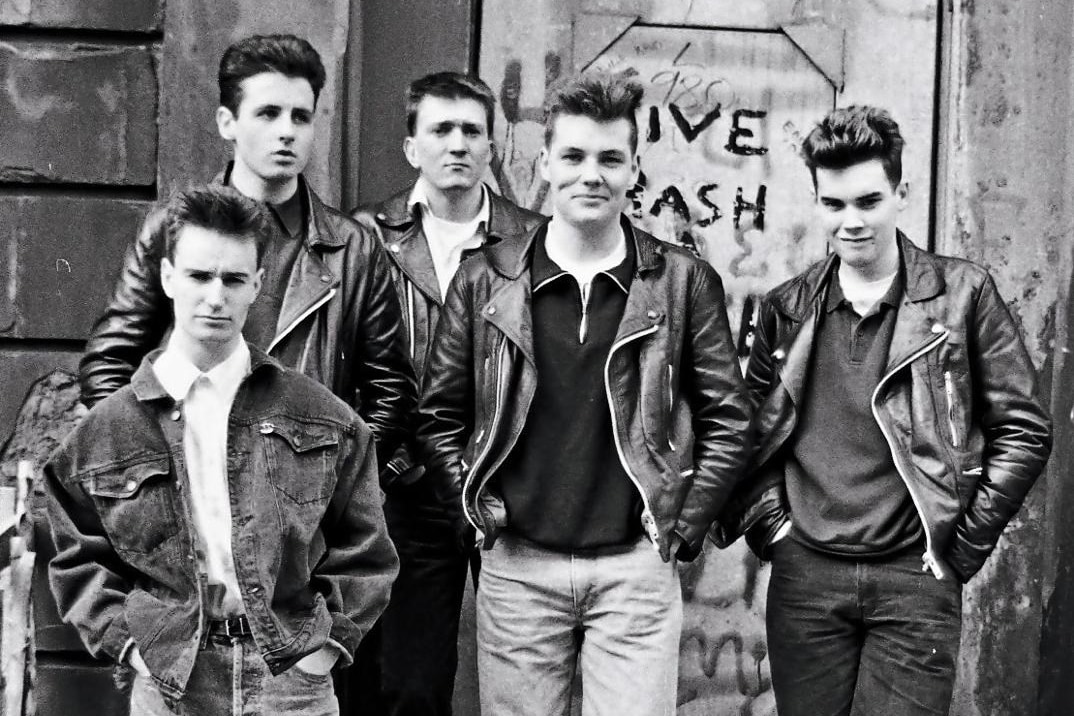
"Too young to have seen the moon landing but old enough to witness the "technological wonderment" that followed, O'Hagan recalls fondly the futuristic melodies of Ziggy Stardust, the appearance of new wave group Tubeway Army on Top of the Pops as they sang Are "Friends" Electric? in 1979, and being chosen for computer club in 1983 - only now recognising these moments as premonitory of the world to come. "Faster, more accessible, more democratic, the internet was a parenting device that felt like a pal," he writes. "Soon, the hallmarks of friendship - proximity, shared knowledge, secret history - would be embedded in the machines themselves.""
"But for all its promise, O'Hagan warns of the digital drift - the quiet substitution of real touch for digital tether. "Maybe it's worth pausing, with each digital step, to ask if the thing that is swiftly and magically being replaced is not worth protecting. Friendship is one of these." He wonders whether "friending" constitutes commitment, or if we can truly swear loyalty to someone whose voice we've never heard, whose name might be invented. The questions are pressing, even as he acknowledges the joy and optimism of the internet - its capacity for connection, curiosity and community-mindedness."
Friendship is a sprawling, intimate, devoted relationship with a definite sense of aliveness. Youthful cultural moments—Ziggy Stardust, Tubeway Army on Top of the Pops, early computer club membership—anticipate the rise of an interconnected era. The internet amplified proximity, shared knowledge, and secret history while offering accessibility, curiosity, and community. Digital connection also introduces a quiet substitution of real touch for digital tether and prompts questions about whether friending equals commitment or if loyalty can bind to unseen or invented identities. Extraordinary bonds with writers and musicians foreground laughter, loyalty, loss, aging, and the struggle to preserve close ties.
Read at AnOther
Unable to calculate read time
Collection
[
|
...
]